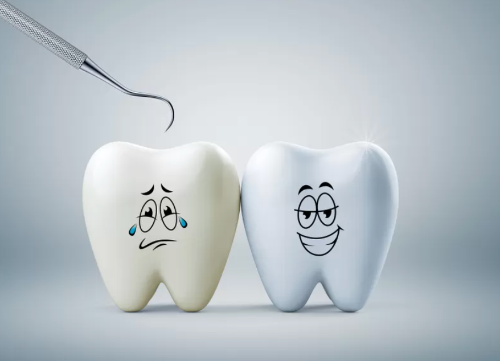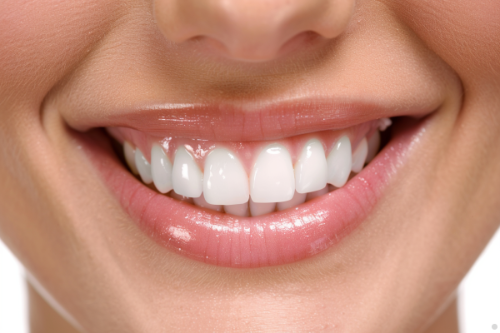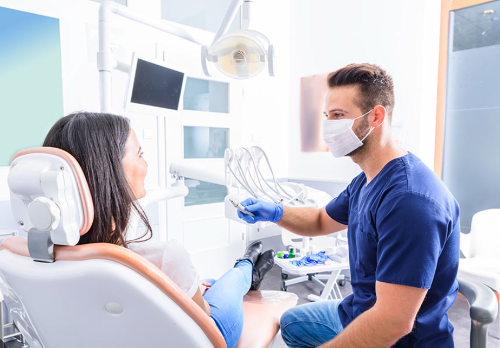The Importance of Dental Care

This guide will cover the basics of dental care, the importance of maintaining good oral hygiene, common dental problems, and tips for effective dental care.
What is Dental Care?
Dental care refers to the practices and routines that help maintain oral health. It includes daily habits like brushing and flossing, as well as professional dental services such as cleanings, exams, fillings, and other treatments provided by dentists and dental hygienists. Good dental care helps prevent dental problems like cavities, gum disease, and bad breath.
Common Dental Problems
Cavities (Tooth Decay): Cavities are one of the most common dental problems. They occur when plaque, a sticky film of bacteria, builds up on the teeth and produces acid that erodes the enamel. If not treated, cavities can lead to toothaches, infections, and even tooth loss.
Gum Disease (Periodontal Disease): Gum disease starts with gingivitis, an inflammation of the gums caused by plaque buildup. If not treated, it can progress to periodontitis, a more severe form of gum disease that can damage the soft tissue and bone supporting the teeth, leading to tooth loss.
Tooth Sensitivity: Tooth sensitivity occurs when the enamel that protects the teeth becomes thinner, exposing the underlying dentin. This can cause discomfort or pain when consuming hot, cold, sweet, or acidic foods and drinks.
Bad Breath (Halitosis): Bad breath can be caused by poor oral hygiene, gum disease, dry mouth, or certain foods and habits like smoking. It can also indicate more serious dental issues.
Oral Cancer: Oral cancer can develop in any part of the mouth, including the lips, tongue, cheeks, and throat. Regular dental check-ups can help detect oral cancer early, increasing the chances of successful treatment.
Tips for Effective Dental Care
Brush Your Teeth Twice a Day: Use a fluoride toothpaste and a soft-bristled toothbrush to brush your teeth at least twice a day for two minutes. This helps remove plaque and food particles that can cause tooth decay and gum disease.
Floss Daily: Flossing removes plaque and food particles between the teeth and under the gumline, where a toothbrush cannot reach. Regular flossing helps prevent cavities and gum disease.
Use Mouthwash: An antimicrobial mouthwash can help reduce plaque, prevent gum disease, and freshen breath. Use mouthwash as directed by your dentist or according to the product instructions.
Eat a Healthy Diet: A balanced diet is essential for maintaining good oral health. Avoid sugary and acidic foods and drinks, which can erode tooth enamel and cause cavities. Include plenty of fruits, vegetables, dairy products, and lean proteins in your diet to support strong teeth and gums.
Avoid Tobacco Products: Smoking and using other tobacco products can cause numerous dental problems, including bad breath, stained teeth, gum disease, and oral cancer. Quitting tobacco use can significantly improve your oral health.
Visit Your Dentist Regularly: Regular dental check-ups and cleanings are crucial for maintaining good oral health. Your dentist can detect and treat problems early, provide professional cleanings to remove plaque and tartar buildup, and offer advice on proper dental care techniques.
Replace Your Toothbrush Regularly: Replace your toothbrush every three to four months or sooner if the bristles are frayed. A worn-out toothbrush is less effective at cleaning your teeth.
Conclusion
Maintaining good dental care is essential for overall health and well-being. By following a regular oral hygiene routine, eating a healthy diet, and visiting your dentist regularly, you can prevent common dental problems and keep your teeth and gums healthy. Remember, a healthy smile is an important part of a healthy body!



